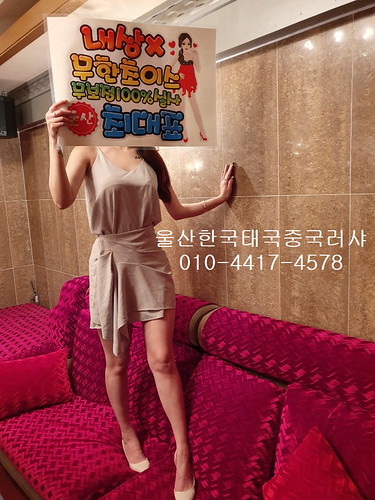Speakeasy
본문

Speakeasy
A speakeasy is a time period used to describe a secret or illicit bar that was in style during the Prohibition period within the United States, which lasted from 1920 to 1933. These institutions were known for his or her hidden entrances and for serving alcohol despite it being illegal at the time. Here are some key factors about speakeasies:
- Origin: The time period "speakeasy" is believed to have originated from the follow of consumers talking quietly or "simply" to keep away from drawing attention.
- Hidden Locations: Many speakeasies have been positioned in basements, behind unmarked doors, and even in legitimate businesses like soda shops.
- Entertainment: These venues usually featured reside music, dancing, and other types of leisure, making them popular gathering spots.
- Cultural Impact: Speakeasies played an important function in shaping the tradition of the Roaring Twenties and the jazz age.
- Modern Revival: Today, the idea of the speakeasy has made a comeback, with many bars adopting the hidden, secretive theme to create an exclusive environment.
Below are some well-known speakeasies from history:

- The Cotton Club (New York City)
- 21 Club (New York City)
- The Green Mill Cocktail Lounge (Chicago)
- Schroeder's (San Francisco)
In summary, speakeasies provide a fascinating glimpse into a unique chapter of American historical past, highlighting themes of rebellion, creativity, and 인천유흥 the struggle for private freedom.
A speakeasy is a hidden bar or nightclub that originated during the Prohibition era in the United States (1920-1933). These establishments have been illicit and served alcohol when it was unlawful to take action. Here are some key points about speakeasies:
- Origin: The time period "speakeasy" supposedly comes from patrons talking quietly or "simply" to avoid detection by legislation enforcement.
- Atmosphere: Speakeasies often have a secretive vibe, with dim lighting, vintage décor, and a way of exclusivity.
- Access: Many fashionable speakeasies keep the concept of secrecy with hidden entrances or requiring a password for entry.
- Cocktails: These venues usually serve craft cocktails, reviving traditional recipes from the Prohibition period.
- Cultural Significance: Speakeasies symbolize the fight against prohibition laws and a spirited nightlife tradition.
Today, speakeasies have made a resurgence as fashionable bars that commemorate the fashion and spirit of the Twenties and Nineteen Thirties.
Speakeasies have been secret bars that emerged through the Prohibition era in the United States, which lasted from 1920 to 1933. These hidden establishments allowed patrons to eat alcohol despite its legality being prohibited.
Typically accessed by way of an unmarked door or a password, speakeasies provided a way of thrill and exclusivity. They have been typically positioned in basements, back rooms, or behind false storefronts, making them difficult to find.
In these illicit venues, stay jazz music thrived, as they became the cultural hubs for the Jazz Age. The ambiance was lively, crammed with dance and revelry. Women often wore flapper dresses, symbolizing the changing social norms of the time.
Today, the term "speakeasy" has been revived, with trendy bars adopting the aesthetic and secretive allure of their Prohibition-era counterparts. Many feature classic decor, craft cocktails, and reside music, offering a nostalgic glimpse into a captivating chapter of American history.
In essence, speakeasies embody a spirit of rebellion and creativity, reflecting the social dynamics of their time.

댓글목록 0
댓글 포인트 안내